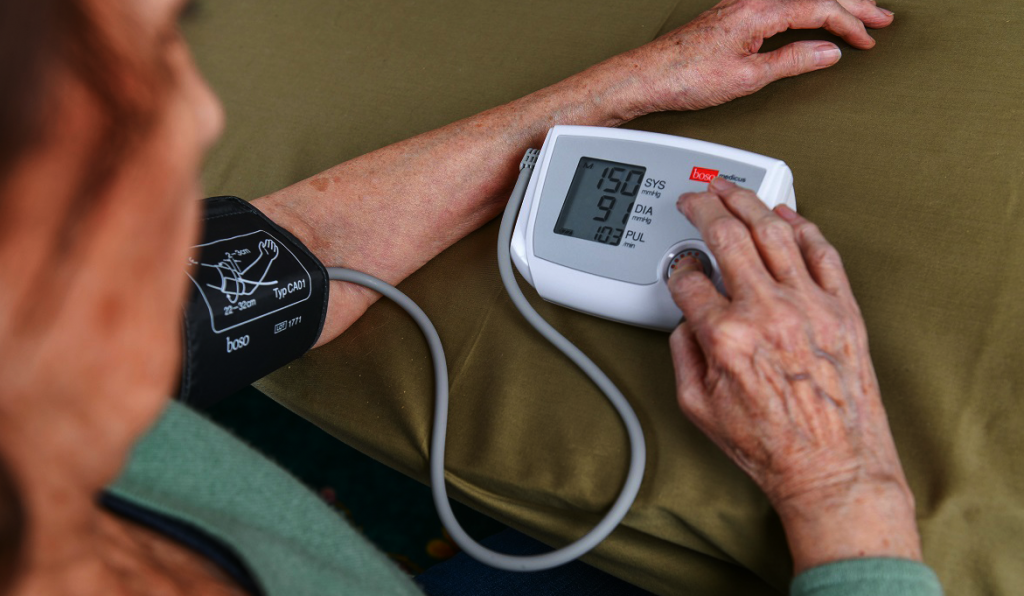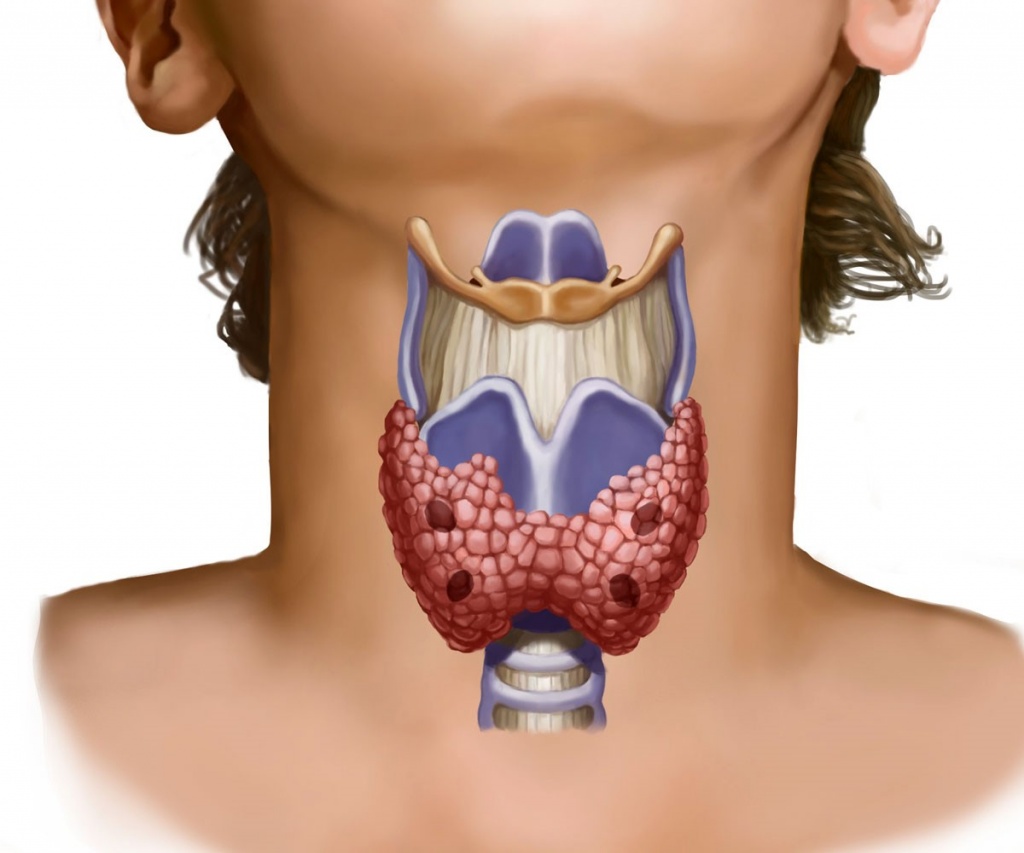Endocrinologist – engaged in the diagnosis, treatment and prevention of diseases of the endocrine glands (endocrine glands). These glands produce and release into the blood special substances – hormones that affect the functioning of organs and body systems. The endocrine glands include the thyroid and parathyroid glands, the pituitary gland, the hypothalamus, the adrenal glands, the insular part of the pancreas, in women – the ovaries, in men – the testicles (testes). Several other organs can also synthesize hormones.
Angelina Nikolaevna Vodolazkaya
Nutritionist, Endocrinologist
An experienced, attentive, qualified doctor with extensive professional training and certificates in the field of dietetics and endocrinology. She is fluent in modern methods of diagnosis and treatment of endocrine diseases, metabolic pathologies, makes up weight loss programs, individual diets for various disorders, practices an integrated approach.

Education
- In 2005 she graduated with honors from the Rostov State Medical University with a degree in General Medicine, in 2006 she continued her studies in an internship in therapy.
Refresher courses
- In 2009, she underwent retraining in endocrinology, in 2010 – the advanced training program “Endocrine aspects of andrological diseases” at the Peoples’ Friendship University of Russia.
- In 2018, she received a certificate in dietetics on the basis of the Institute for Retraining and Advanced Training of Healthcare Professionals.
- In 2018, she received a certificate in dietetics on the basis of the Institute for Retraining and Advanced Training of Healthcare Professionals.

Symptoms for which an endocrinologist’s consultation is necessary
- Dry mouth, thirst;
- Sudden weight loss (with persisting appetite) or sudden weight gain;
- Excess hair growth, hair loss, brittle nails;
- Frequent, profuse urination;
- Violation of thermoregulation;
- Unpleasant sensation in the neck area, feeling of “lump in the throat”;
- Insufficient physical activity, general weakness, fatigue;
- Drowsiness, decreased ability to work;
- Nervousness, irritability;
- Itchy skin;
- Slow wound healing;
- Frequent pustular skin diseases;
- Elevated blood pressure numbers;
- Bad habits (smoking);
- Increased blood sugar;
- Violation of lipid metabolism, increased cholesterol levels.

Endocrinologist appointment
At the initial consultation, an endocrinologist will ask you in detail about your health problems, conduct a full medical examination using physical examination methods.
First, the endocrinologist will make a preliminary diagnosis and prescribe an examination. To assess the results of the examination, you will need a second consultation with a specialist. The doctor will analyze your diagnostic tests, conduct a second examination, assess the dynamics of your condition and make a final clinical diagnosis. At the second consultation, the endocrinologist will work out the optimal treatment regimen for you, explain how to properly control your condition, what to do in case of certain symptoms. Based on the results of the examination, the doctor will determine the need for hospitalization. In some cases, surgery may be required.
Many diseases of the endocrine system require systematic monitoring, monitoring or correction of the selected treatment regimen. If the need for control arises, the doctor will tell you how often you should come to the appointment.
How is the diagnosis and treatment carried out?
At the initial consultation, you get the opportunity to ask all your questions, find out the possible causes of the disease, discuss the prospects for treatment and prevention of exacerbations.
The doctor, if necessary, will prescribe additional instrumental and laboratory tests: ultrasound of the thyroid gland, ultrasound of the kidneys and adrenal glands, general clinical blood and urine tests, etc., puncture of the thyroid glands.
Based on the results of the examinations, a diagnosis is made and a treatment and rehabilitation plan is prescribed.
When should you see an endocrinologist?
An endocrinologist should be consulted when the following symptoms appear:
- Increase or decrease in body weight;
- Excessive hair growth;
- Excessive sleepiness or excessive excitability;
- Excessive sweating;
- Hair loss;
- Swelling in the legs, arms;
- Miscarriage of pregnancy;
- Swelling;
- Mood swings;
- Menstrual irregularities;
- Hair loss;
- Headaches, etc.





